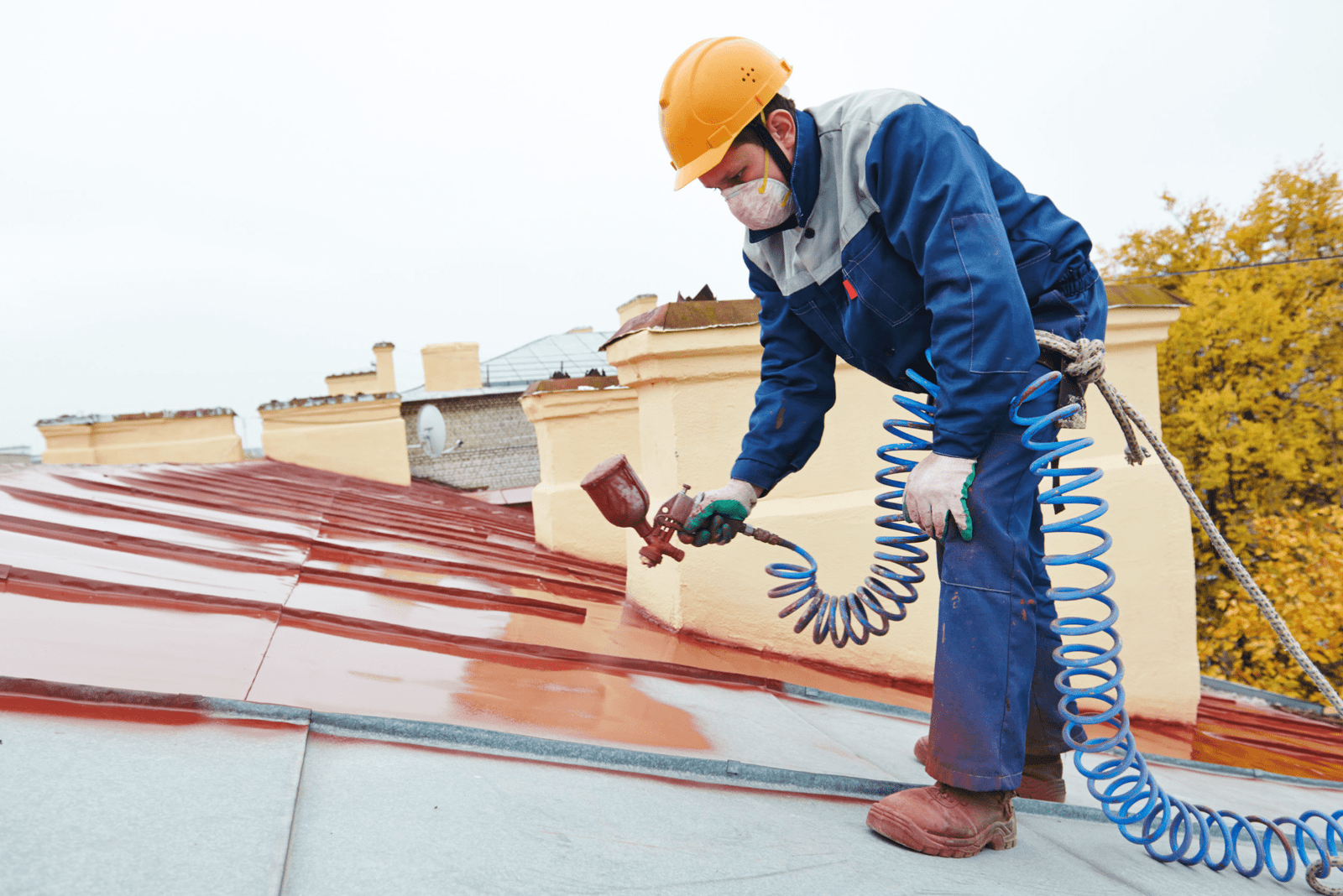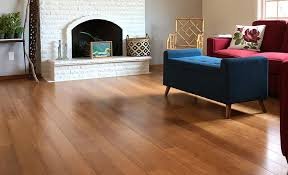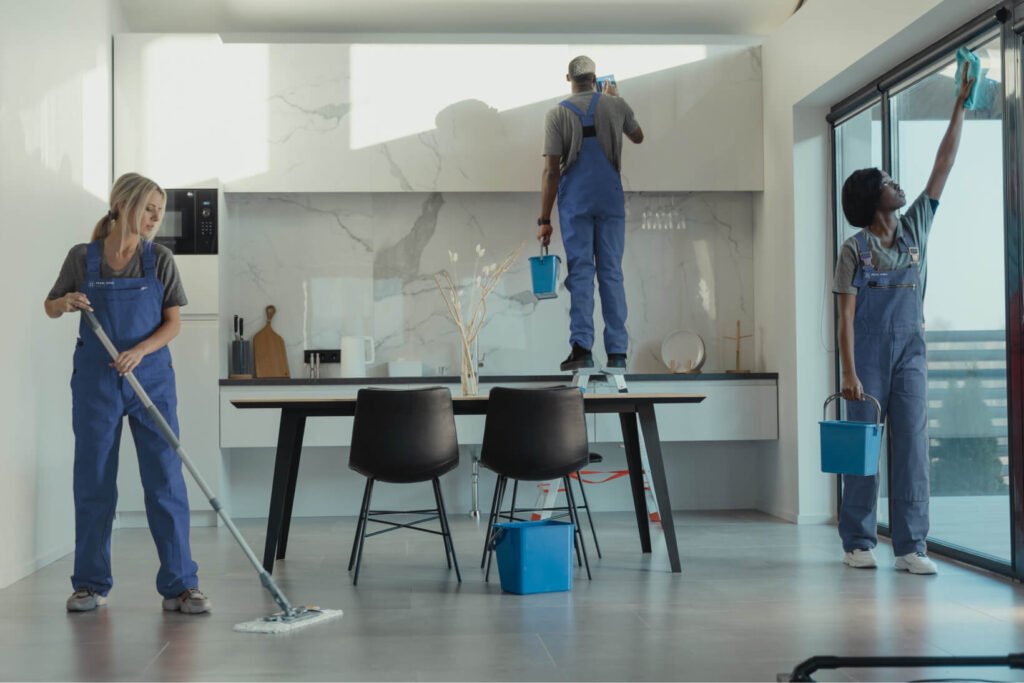Introduction
When it comes to transforming the look and feel of your living space, few things have the impact that wallpaper does. However, a successful wallpaper installation requires careful planning and execution. In this comprehensive guide, we will walk you through every step of the process, providing valuable tips and insights to ensure a flawless result.
Choosing the Right Wallpaper
Selecting the perfect wallpaper sets the foundation for a successful installation.
Types of Wallpaper Materials
Choosing between vinyl, fabric, or paper-based wallpapers can significantly impact the installation process.
Wallpapers come in various materials, each with its own set of characteristics and installation requirements. Vinyl wallpapers are durable and easy to clean, making them ideal for high-traffic areas. Fabric wallpapers, on the other hand, add a luxurious texture but may require more expertise during installation. Paper-based wallpapers offer a wide range of patterns and are generally easier to work with.
Gathering the Necessary Tools and Materials
Having the right tools at your disposal is essential for a smooth installation.
Essential Tools
- Wallpaper adhesive or paste
- Smoothing brush or roller
- Tape measure and level
- Sharp utility knife
- Sponge or damp cloth for cleaning
- Seam roller for crease-free edges
Preparation of the Wall Surface
Properly preparing the wall surface ensures a seamless finish.
Cleaning and Patching
Start by cleaning the wall surface of any dust, dirt, or imperfections. Patch up any holes or cracks with spackle and allow it to dry completely before proceeding.
Priming the Wall
Applying a coat of wallpaper primer creates a smooth, adhesive-friendly surface. Allow it to dry according to the manufacturer’s instructions.
Wallpaper Installation Process and Tips
Now, let’s delve into the step-by-step installation process and crucial tips for a successful outcome.
Step 1: Measuring and Cutting
Measure the height of your wall, adding a few extra inches for trimming. Cut strips of wallpaper accordingly, ensuring the pattern aligns correctly.
Step 2: Applying Adhesive
Using a paint roller or brush, evenly apply wallpaper adhesive to the back of the cut strips. Be sure to follow the manufacturer’s instructions for mixing and application.
Step 3: Hanging the Wallpaper
Carefully position the first strip at the top of the wall, allowing a slight overlap at the ceiling. Smooth out any air bubbles or wrinkles using a smoothing brush or roller.
Step 4: Matching Patterns
For patterns, ensure each strip aligns perfectly with the previous one. This meticulous attention to detail creates a seamless look.
Step 5: Trimming Excess
Use a sharp utility knife and a straight edge to trim excess wallpaper at the ceiling, baseboard, and corners.
FAQs (Frequently Asked Questions)
Q: Can I install wallpaper over existing wallpaper?
A: It’s generally not recommended, as it can lead to uneven surfaces and a less secure hold. It’s best to remove old wallpaper before installing a new one.
Q: How do I address corners and edges during installation?
A: For corners, make small relief cuts to allow the wallpaper to lay flat. Use a seam roller to ensure edges are firmly adhered.
Q: Can I install wallpaper in a bathroom or kitchen?
A: Yes, but it’s crucial to choose a wallpaper that is moisture-resistant. Vinyl or vinyl-coated wallpapers are suitable for these areas.
Q: What if I make a mistake during installation?
A: Don’t panic. Simply peel back the section with the error, reapply adhesive, and adjust as needed.
Q: How do I clean and maintain wallpaper?
A: Gently dust with a soft brush or use a lightly dampened cloth for spot cleaning. Avoid harsh chemicals or abrasives.
Q: Can I remove wallpaper later if I change my mind?
A: Yes, most wallpapers are removable. Use a wallpaper steamer or a solution of warm water and vinegar to aid in removal.
Conclusion
With the right materials, tools, and techniques, wallpaper installation can be a rewarding DIY project. Follow these steps and tips for a seamless transformation of your living space. Embrace the power of wallpaper and create a home that truly reflects your style and personality.




